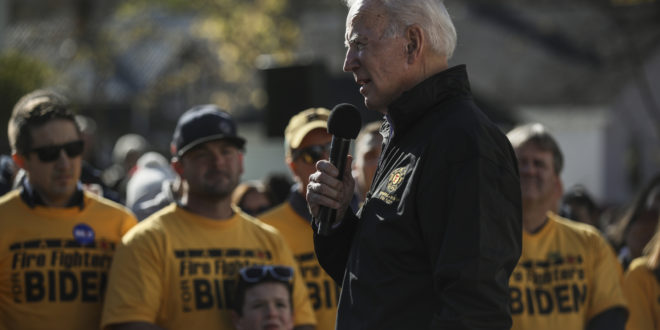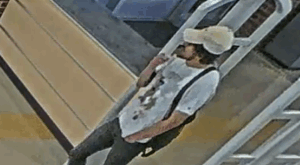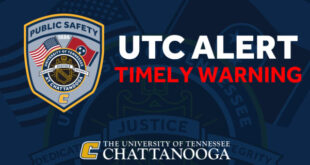In a society so divided, the 2020 presidential election is on every American’s radar. For many UTC students, this will be the first time that they can cast their ballots in a presidential election.
The National Study of Learning, Voting, and Engagement conducted a recent study on the National Student Voting Rate, determining that the percentage of college student voters has doubled from 2014 to 2018.
Comparatively, NSLVE conducted a study on UTC students and found that the voting turnout dropped from 42.7% in 2012 to 40.6% in 2016. These percentages were also below the average of 50.4% for all NSLVE institutions.
The UTC chapter of the Young Democratic Socialists of America held a watch party for the presidential primary debate on September 12th. The student organization hoped to further encourage student interest in the upcoming election and also promote Democratic candidate Bernie Sanders.
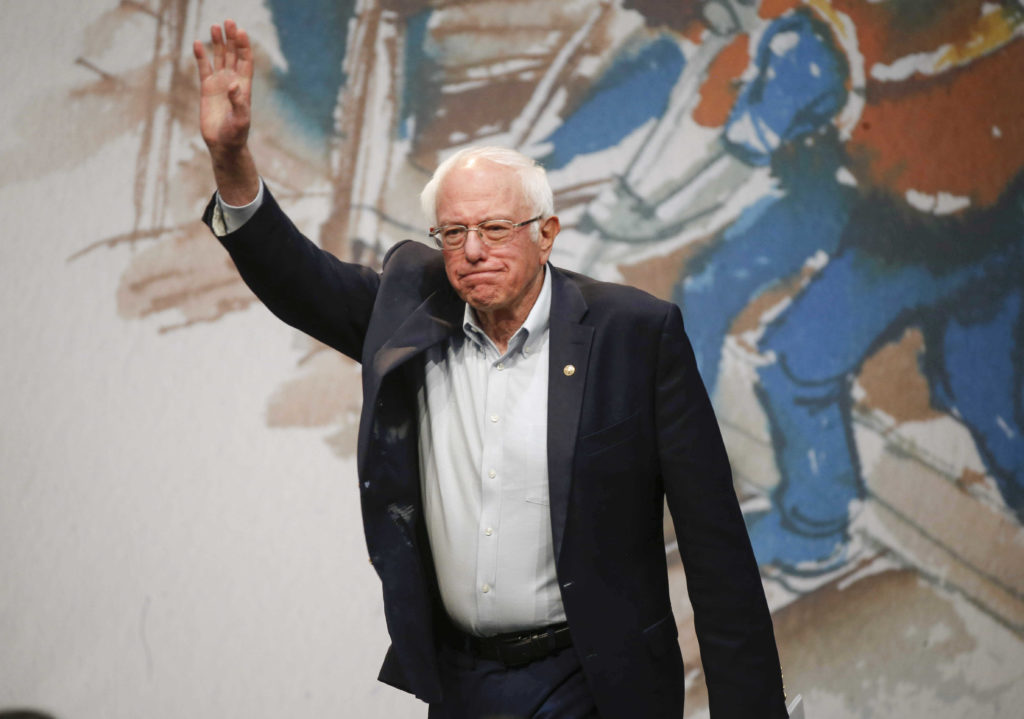
The UTC Student Government Association hosted a four-day voter registration drive on campus in late September to urge and assist students in registering to vote.
The UTC College Democrats and College Republicans, two student organizations aiming to assist in the election of their party’s candidate, created their Twitter accounts in September and October of 2016, respectively. Both of the organizations’ first tweets supported student participation in the 2016 presidential election in November of that year. These two political organizations have both fully lost their online presence in the past year or so. Nevertheless, if the trend persists, more of UTC’s political student organizations – such as these two – may energize once again in 2020.
Join UTC College Democrats this year, and help us make a difference this election season!
— UTC College Dems (@UTC_collegedems) September 3, 2016
Don’t forget that early voting ends November 3rd! Get out and vote!
— UTC Republicans (@GOPatUTC) October 27, 2016
Dru Dawson, a UTC senior, is currently working on a research paper exploring the effects on mass media on young voters.
“I think it’s important to see what UTC does during the off years when there is not a presidential election,” Dawson said. “I feel like – as a student – it’s really important to be involved in politics. However, it’s worth noting that media campaign devices, such as social media, impact how young people vote and has pushed America to become more bipartisan than ever before.”
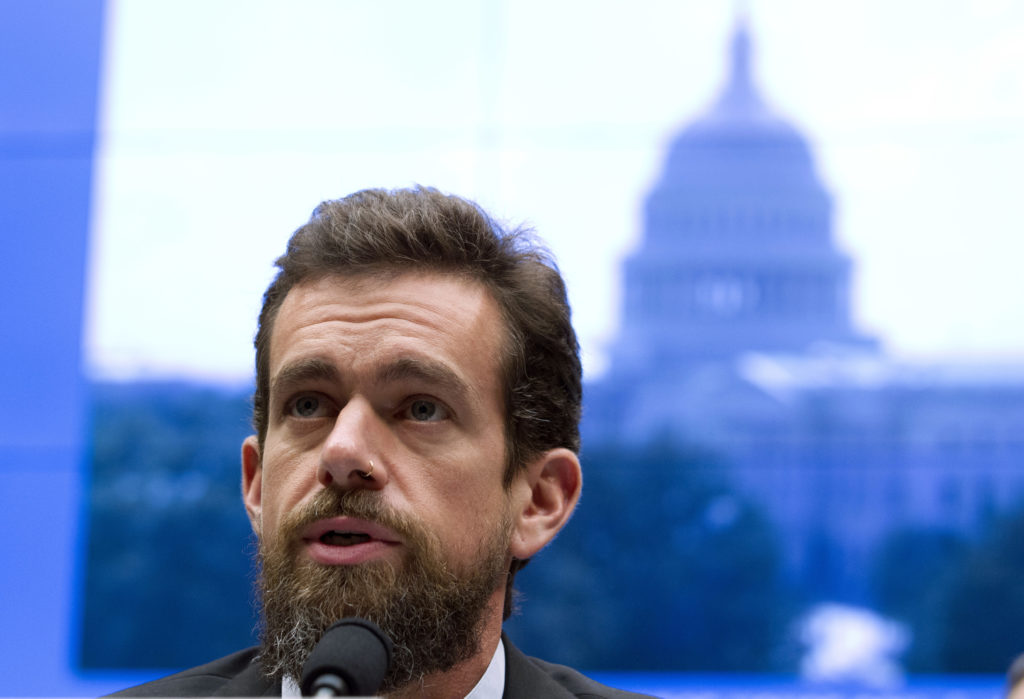
Late last month, Twitter chief executive Jack Dorsey announced the company’s decision to ban all political advertising on its platform worldwide. Other social media companies, such as Facebook, come against increasing pressures to ban advertisements that disseminate false information and – as many like Dawson fear – steer elections.
According to recent findings from UTC’s Office of Planning, Evaluation, and Institutional Research, more than half of UTC students in the Fall 2018 semester originated from outside of Hamilton County. Furthermore, almost a tenth of the students came from outside of Tennessee altogether.
UTC junior Mark Drinkard moved to Hamilton County from Knoxville two years ago to begin college. Drinkard was not old enough to vote in the 2016 presidential election while still living in Knox County, but he wished to register and vote in the 2018 midterm elections in November of last year.
“When the midterm elections came around, I tried to register – but it fell through somehow,” Drinkard said. “I felt disconnected from the candidates in both Hamilton and Knox County – and really just less motivated because of that.”
Some students, like UTC senior Matt Moses, travel to their home district in order to cast their ballots. Moses said that he normally drives home to McMinn county to vote.
Other than driving all the way home on Election Day, Hamilton County voters have two viable options – to either vote absentee-by-mail or to reregister in Hamilton County. The Hamilton County Election Committee says that registering again “cancels your registration in your previous county of residence.”
Whether a UTC student moved from another district or simply does not have the time to participate in a political organization on campus, there are several ways to find information about the 2020 presidential election on their own time. The New York Times regularly updates an interactive chart that displays all of the candidates currently running and who has dropped out – including brief notes about each contender. Many news organizations, such as Politico, dedicate a separate page of their website to the latest coverage of the upcoming elections.
 Mocs News Reporting the news that matters most to UTC
Mocs News Reporting the news that matters most to UTC
